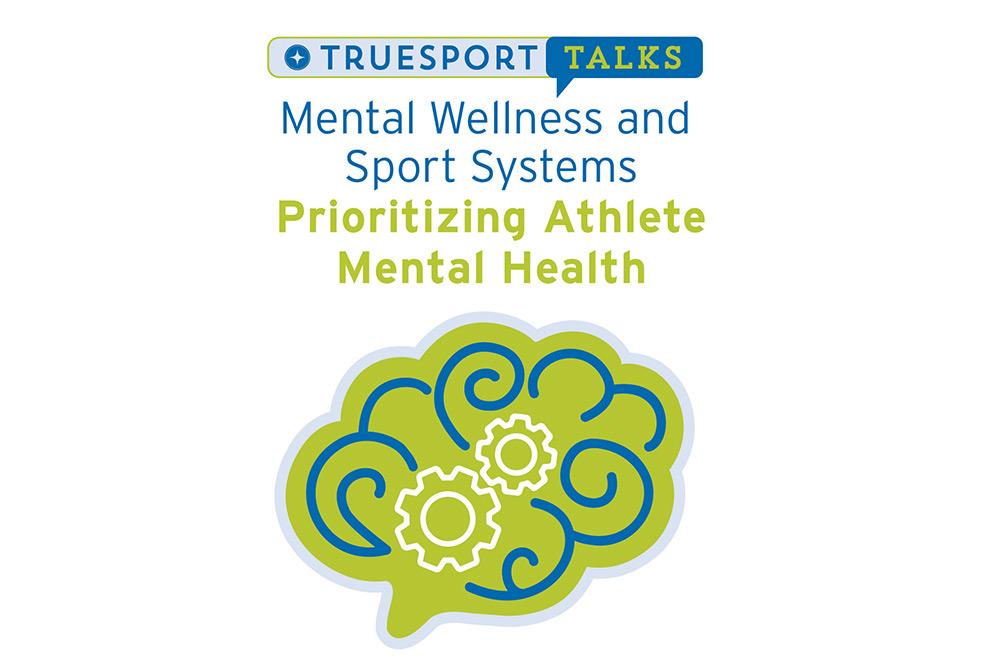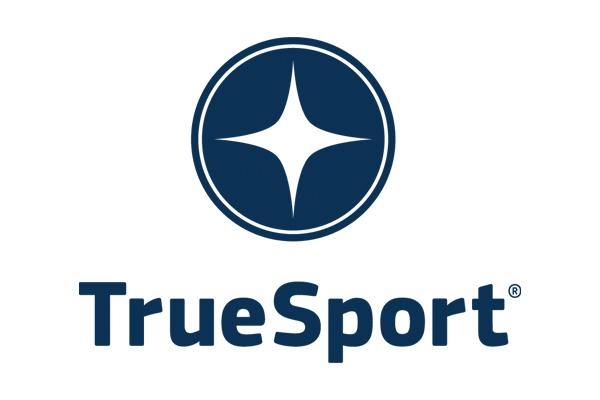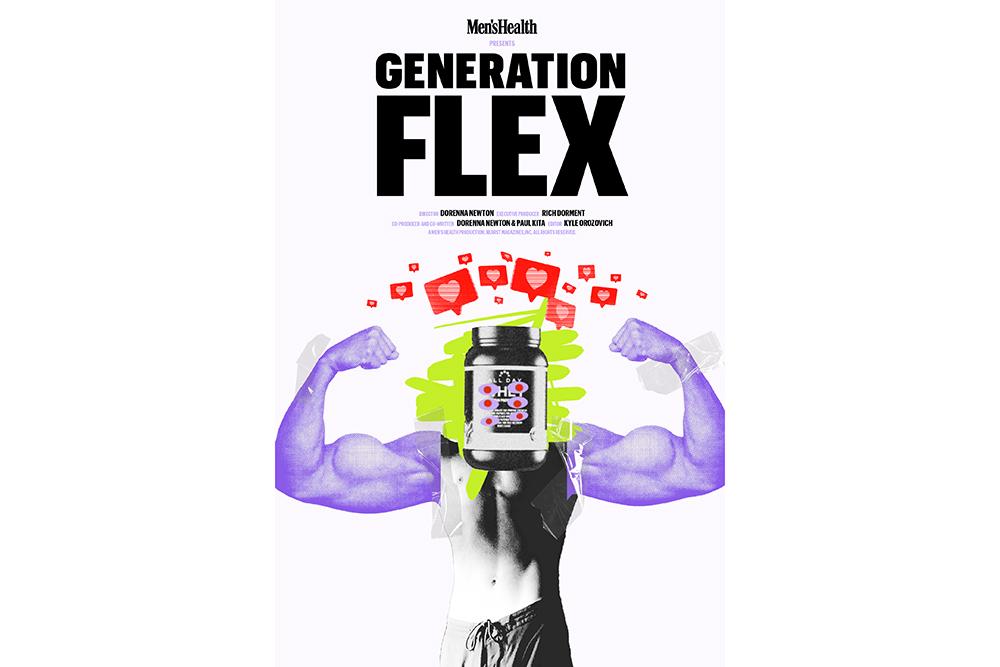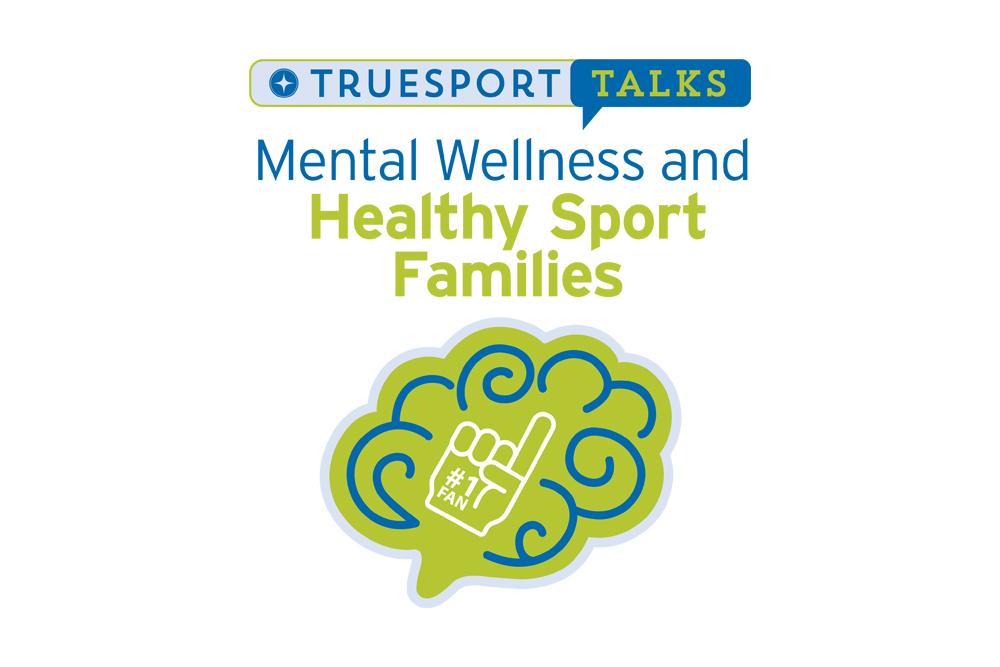TrueSport Hosts Fourth Annual Mental Wellness Symposium
We’re all familiar with the stories of sport families spending every penny on travel teams, every night and weekend on the field, and every ounce of energy on securing the next win. It’s draining, stressful, and overwhelming for everyone involved.
 “As both a sport parent and a member of Team USA, I have a deep appreciation for all the benefits that sport can offer, but I also know that creating a positive youth sport experience for the whole family has never been harder,” reflected four-time Paralympian Trevon Jenifer. “From very early on, we’re seeing immense pressure on athletes and caregivers to invest everything they have in sport, and oftentimes, it creates far more anxiety than joy for everyone. We’re seeing families fighting over the travel, the money, the playing time, and countless other stressors that take away from the ability to focus on development and well-being.”
“As both a sport parent and a member of Team USA, I have a deep appreciation for all the benefits that sport can offer, but I also know that creating a positive youth sport experience for the whole family has never been harder,” reflected four-time Paralympian Trevon Jenifer. “From very early on, we’re seeing immense pressure on athletes and caregivers to invest everything they have in sport, and oftentimes, it creates far more anxiety than joy for everyone. We’re seeing families fighting over the travel, the money, the playing time, and countless other stressors that take away from the ability to focus on development and well-being.”
So how do we make sure youth sport is a positive experience for the whole family? It starts with promoting open communication, resilience, and self-care strategies, which was the focus of this year’s TrueSport Talks Symposium on Mental Wellness and Healthy Sport Families.
Led by TrueSport, the U.S. Anti-Doping Agency’s (USADA) youth sports outreach program, the fourth annual symposium was hosted in collaboration with the U.S. Olympic and Paralympic Committee (USOPC), NBC Sports Next, and the Kansas City Royals, with support from the National Strength and Conditioning Association (NSCA) and the Colorado Springs Sports Corporation.
The free and virtual event, presented live from the U.S. Olympic and Paralympic Museum, featured Team USA athletes and a wide range of experts specializing in mental health, sport, and athlete well-being.
Leaders from the Aspen Institute and the Kansas City Royals, along with Olympian and USADA Board Vice Chair, Dr. Judi Brown Clarke, kicked off the day with a session on how we can protect the joy of sports and the mental health of our young people, all while ensuring that these experiences reinforce an environment where healthy competition and challenges strengthen the next generation.
“As we continue to evolve our understanding of youth sports, it’s clear that mental wellness and family engagement are inseparable components of athletic success,” said Dr. Judi Brown Clarke, Olympian and Vice Chair of USADA’s Board of Directors. “This year’s TrueSport Talks represents our commitment to creating environments where young athletes can thrive both mentally and physically.”
This session was followed by a panel discussion hosted by Deborah Gilboa, a board-certified family physician, who spoke with Jenifer and Team USA weightlifter Abby Raymond, along with her father Todd Raymond, about resilience. From handling setbacks to fostering a growth mindset, this session offered small changes parents can make to see a big difference in their child’s ability to overcome challenges.
“As both a parent and coach, I’ve seen firsthand how the pressures of youth sports can impact our children’s mental well-being,” said Todd Raymond, the parent of Team USA weightlifter Abby Raymond. “We have navigated this space as a sport family through some pretty emotional highs and lows, and I loved the chance to celebrate my daughter’s resilience, share our family’s experience, and look for solutions that benefit all of us in this sport system.”
The symposium also featured breakout sessions on navigating emotions, setting boundaries, developing a balanced identity, and nurturing the connection between physical and mental health. Led by psychologists, a registered dietitian, and a sports medicine physician, these sessions offered practical and evidence-based strategies that parents and caregivers can utilize every day to protect and enhance their child’s health and well-being.
“By focusing on the entire sport family ecosystem, we’re addressing the fundamental need to create sustainable, mentally healthy environments where young athletes can thrive,” said Dr. Jennifer Royer, Senior Director of TrueSport and Awareness at USADA. “Through the collaborative insights of athletes, medical professionals, and industry experts, we’re developing practical, evidence-based solutions that will help families navigate the unique pressures of youth sports while preserving the joy and developmental benefits that sport should provide. This year’s event marks another significant step toward humanizing sport and ensuring it delivers on its potential to grow resilient, well-balanced individuals.”
To conclude the day, several experts who regularly work with young athletes focused on how to rekindle joy in youth sports, discussing the importance of clearly defining the purpose of sports for kids and how families can better appreciate the value sports bring to a child’s overall development.
More information about the event, sessions, and speakers is available here.
This event built off of the actionable takeaways and evidence-based recommendations from Mental Wellness and the Young Athlete in 2021, Mental Wellness and the Student-Athlete in 2022, and Mental Wellness and the Modern Coach in 2023. The event was streamed live via NBC Sports Next’s newly launched SportsEngine Play streaming platform.



